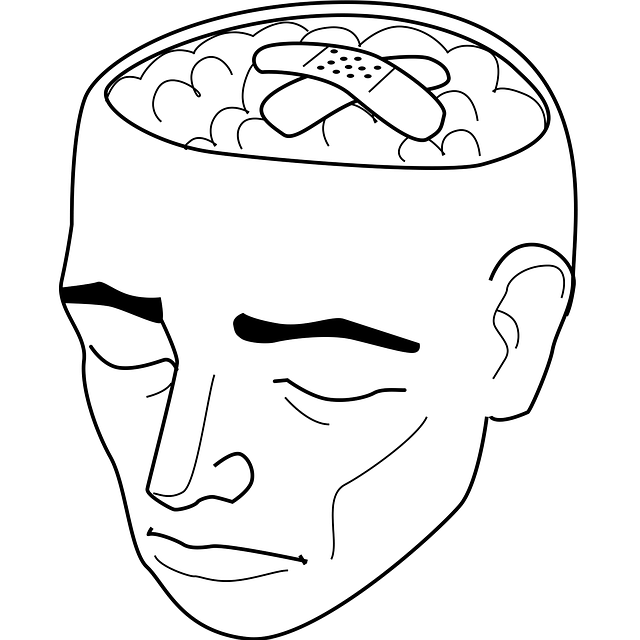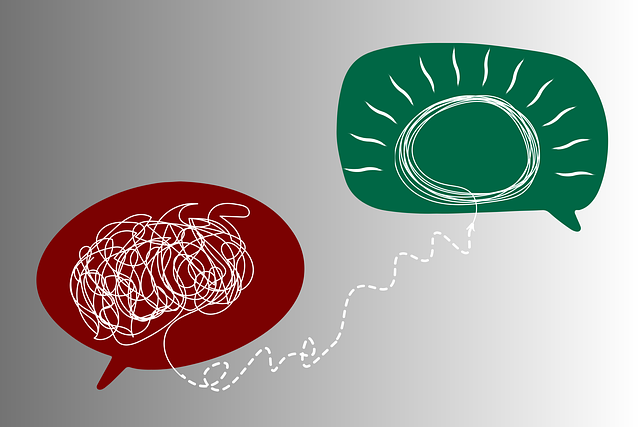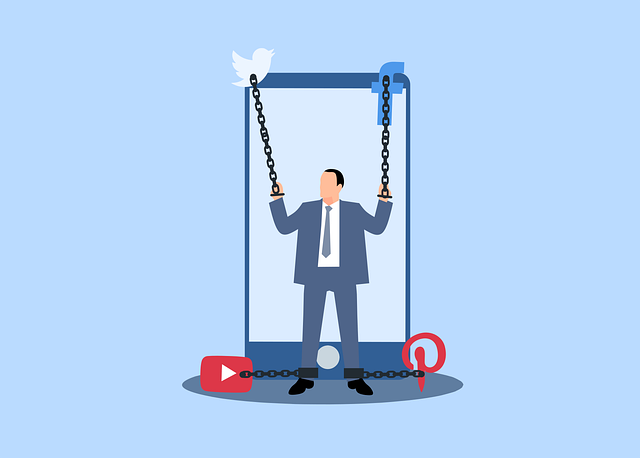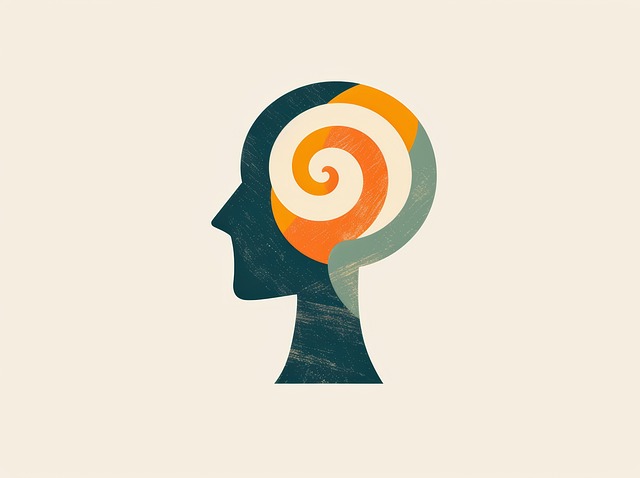Therapy, particularly Cognitive Behavioral Therapy (CBT), offers a powerful path to managing adult phobias by addressing negative thought patterns and providing safe exposure to fears. CBT techniques like gradual exposure therapy, cognitive restructuring, and conflict resolution enhance coping abilities and self-esteem. Creating personalized action plans with daily practice in mindfulness, journaling, and self-care ensures long-term management of phobias, preventing relapse into mental health conditions and promoting overall well-being.
“Unraveling the complexities of phobias and providing effective coping strategies is essential for personal growth. This article guides readers through a comprehensive journey of understanding and managing phobias, focusing on therapy’s pivotal role in adults. We explore powerful cognitive-behavioral techniques, offering practical insights into creating personalized action plans. Furthermore, we delve into long-term management strategies to foster resilience against relapse, ensuring individuals equipped with these skills thrive in overcoming their fears.”
- Understanding Phobias: Unveiling the Nature of Fear
- The Role of Therapy in Coping Skills Development for Adults
- Common Cognitive Behavioral Techniques for Overcoming Phobias
- Creating a Personalized Action Plan: Strategies for Daily Practice
- Long-Term Management and Maintenance: Building Resilience Against Relapse
Understanding Phobias: Unveiling the Nature of Fear

Phobias are intense fears that can significantly impact a person’s life, often leading to avoidance behaviors and limiting their ability to function normally. These intense feelings of fear are irrational and disproportionate to the actual threat posed by the object or situation feared. Understanding phobias is a crucial step in managing them effectively. Many individuals struggle with phobias for years without seeking help, but therapy for adults with phobias can be life-changing.
Through various therapeutic approaches, such as cognitive-behavioral therapy (CBT), individuals can learn to challenge and change their thought patterns and behaviors associated with these fears. CBT helps people face their phobias in a safe and controlled environment, boosting their confidence and providing tools for stress management. By participating in workshops or seeking professional help from a therapist specializing in anxiety relief, one can navigate the path to overcoming phobias and reclaiming control over their lives.
The Role of Therapy in Coping Skills Development for Adults

Therapy plays a pivotal role in equipping adults with effective coping skills, particularly when addressing specific fears or phobias that can significantly impact their daily lives. For many, seeking professional help is a crucial step towards self-improvement and enhancing mental health. Through various therapeutic techniques, individuals can develop positive thinking patterns and build self-esteem, which are essential components of coping strategies.
Cognitive Behavioral Therapy (CBT), for instance, is widely recognized as an effective approach to treating phobias and related anxiety disorders. This form of therapy helps adults identify and challenge negative thought processes, replacing them with more realistic and positive thinking. By addressing the root causes of fear and phobia, CBT enables individuals to manage their reactions and develop healthier coping mechanisms. Moreover, therapy provides a safe space for exploration, fostering self-awareness and encouraging clients to advocate for their mental health needs in accordance with the broader Mental Health Policy Analysis and Advocacy framework.
Common Cognitive Behavioral Techniques for Overcoming Phobias

Overcoming phobias is a significant aspect of mental health treatment, and Cognitive Behavioral Therapy (CBT) offers powerful tools to tackle these specific fears. CBT focuses on identifying and changing negative thought patterns and behaviors associated with phobias. One common technique involves gradual exposure therapy, where individuals are gently encouraged to face their feared objects or situations in a controlled manner. This process helps desensitize them over time, reducing anxiety responses. For instance, someone afraid of heights might start by imagining towering structures, then view pictures, and eventually step onto a low balcony before gradually ascending to higher levels.
Additionally, cognitive restructuring is another key CBT strategy. It involves challenging and replacing irrational thoughts with more realistic and balanced ones. Mental Health Policy Analysis and Advocacy professionals often emphasize the importance of this technique in risk management planning for their clients. By questioning and modifying these thoughts, individuals can develop healthier perspectives, which can significantly impact their overall well-being and coping abilities. Conflict Resolution Techniques might also be incorporated to help individuals navigate challenging emotions during the therapy process, further enhancing their ability to cope with phobias.
Creating a Personalized Action Plan: Strategies for Daily Practice

Creating a personalized action plan is an integral part of developing effective coping skills. It involves setting realistic goals and tailoring strategies to suit individual needs, especially in therapy for adults with phobias. A well-structured plan can help individuals manage their mental health proactively. This process begins by identifying triggers and stressful situations, followed by designing specific techniques to address them. For instance, if social anxiety is a concern, one strategy could be gradual exposure to social settings, paired with relaxation exercises.
Daily practice is key to mastering these strategies. Incorporating activities like meditation, journaling, or engaging in hobbies can help regulate emotions and foster mental wellness coaching programs development. Over time, this routine contributes to enhanced resilience and better risk management planning for mental health professionals. Additionally, depression prevention techniques, such as regular exercise and a balanced diet, should be integrated into the action plan to support overall mental wellness.
Long-Term Management and Maintenance: Building Resilience Against Relapse

After initial coping skills development through therapy for adults phobias, long-term management and maintenance are crucial to building resilience against relapse. This involves consistent practice of learned strategies and techniques, such as mindfulness exercises and emotional regulation guidance, to ensure their effectiveness in daily life. Maintaining mental wellness through regular journaling or other self-care practices can also help individuals stay on track, track their progress, and identify potential triggers early on.
Proactive measures like these foster a robust coping mechanism that supports long-term mental health. By integrating emotional regulation techniques into their routines, individuals can better navigate stressful situations and prevent the onset of depression or other relapsing conditions. This ongoing commitment to self-care and mental wellness is key to sustaining the progress made during therapeutic interventions.
Coping skills development is a multifaceted process that can significantly enhance one’s quality of life. Understanding phobias, leveraging cognitive behavioral techniques, and creating personalized action plans are key components of this journey. Long-term management strategies, including building resilience against relapse, ensure sustained progress. For adults struggling with phobias, engaging in therapy specifically tailored to their needs can be a game-changer, offering effective tools for managing fear and improving overall well-being.












